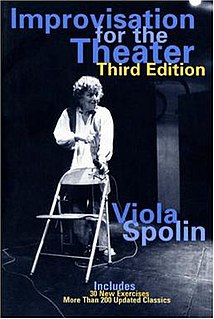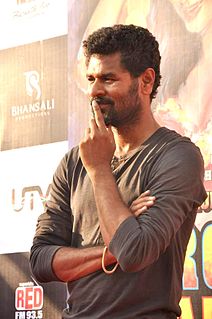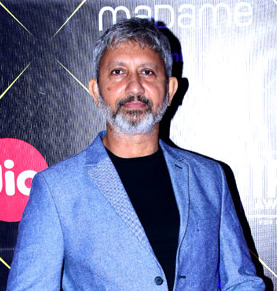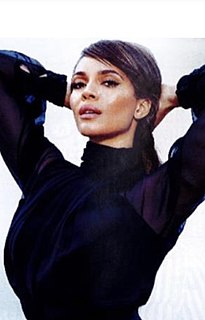A Quote by Jisshu Sengupta
When I read a script I respond to it like an audience member. At the end of the film, if I'm there in the audience's mind, I have done my job.
Related Quotes
If you test Iron Man and that audience doesn't respond well, you can be damn sure that there is something wrong with the movie that you have to address. Because they're expecting a certain amount of action, right? They want a hero. There are certain things that have to be compatible with the way the audience is thinking about it. If you take some other film, like No Country for Old Men, you can end up with all kinds of crazy reactions.
It's very important that a film that intends to play tricks on the audience... has to play fair with the audience. For me, any time you're going to have a reveal in the film, it's essential that it have been shown to the audience as much as possible. What that means is that some people are going to figure it out very early on. Other people not til the end. Everybody watches the film differently.
At the end of the day, I really go with my personal taste and with what's on the page in terms of character. But beyond that, there's a complexity about the scripts I tend to respond to. I've not lost my curiosity about how the world functions. And a script that can embody that and thematically explore bigger questions in a way which seems fresh is likely to get my attention. Frankly, I also have an eye for what will appeal to an audience, as opposed to a self-indulgent exercise that isn't taking the audience into account.


































